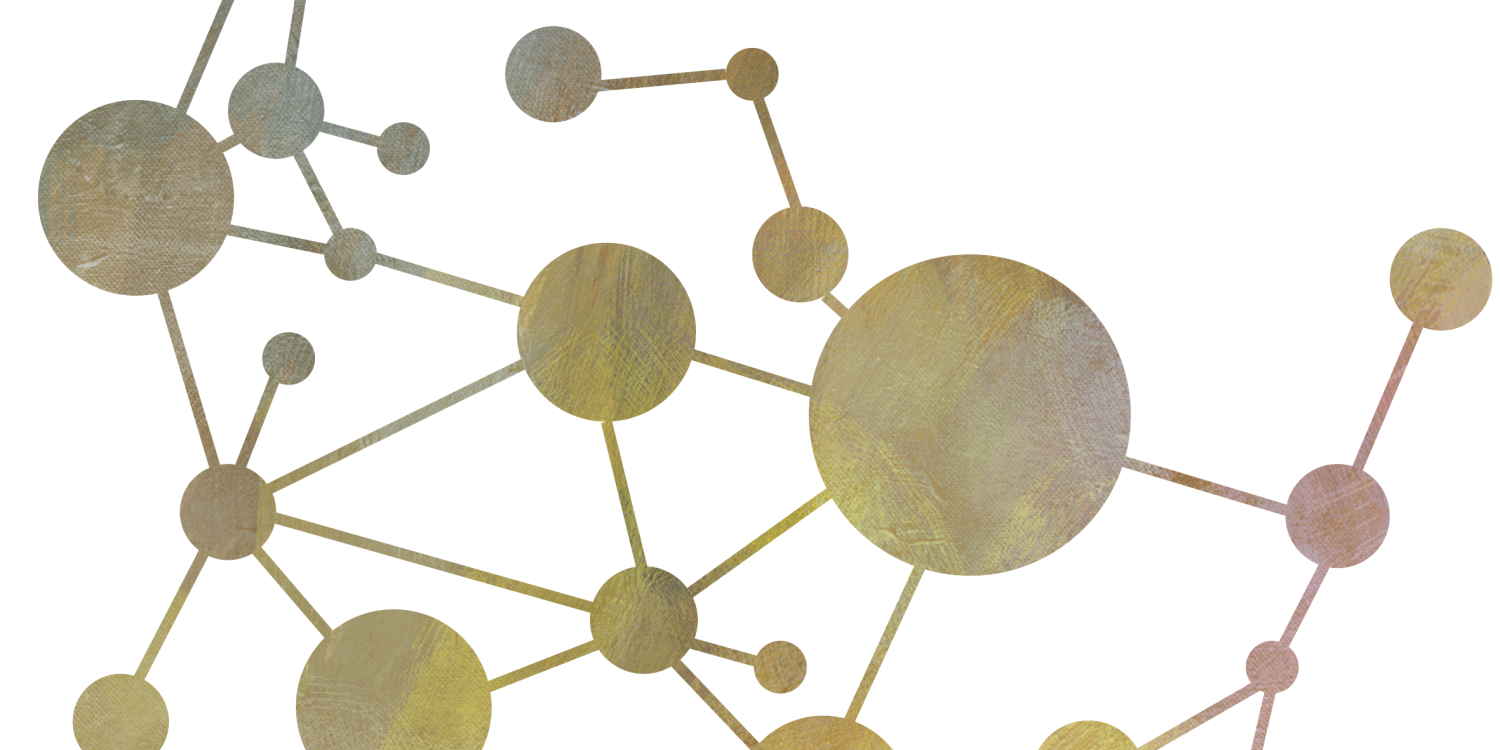WCMM
Four centers – Gothenburg, Linköping, Lund and Umeå Universities.
Part of the Foundations investments in life science.
Grants:
SEK 1 billion until 2028
The long-term goal is to be able to predict, diagnose, prevent and treat diseases.
“Our aim is to enable new research team leaders at the start of their career to conduct internationally competitive research in broad national collaboration. An initiative of this magnitude is of long-term importance to Sweden as a life science nation, and assures revitalization,” says Christina Jern, Director of WCMTM in Gothenburg.
2014 and 2015 marked the establishment of four Wallenberg Centres for Molecular Medicine at the universities of Gothenburg, Linköping, Lund and Umeå in collaboration with the respective health care regions. AstraZeneca is also involved in Gothenburg.
The four centers have different specialties, conducting research in fields such as cancer, infection biology, neuroscience, metabolic diseases (including diabetes), regenerative medicine, genomics, bioscience, as well as the border zone between medicine and technology. An expanded initiative in data-driven life sciences began in 2020, focusing on areas such as precision medicine, diagnostics and epidemiology.
The centers are part of a long-term national commitment by Knut and Alice Wallenberg Foundation to reposition Sweden as a leading life science nation. The goal is to create the best conditions for world-beating molecular and translational research, and for building knowledge and expertise among next generation leaders in academia and the health sector.
“The initiative paves the way for Sweden to establish the next generation of life science researchers with world-leading expertise and an international perspective. One great strength is the national collaboration between the centers – honing our skills together and using our research findings and methodologies more efficiently in an interdisciplinary approach,” says Professor Gunilla Westergren-Thorsson, Director of WCMM in Lund.
The initiative, which continues until 2028, has received funding of SEK 1 million from the Foundation.
Four centers – Gothenburg, Linköping, Lund and Umeå
Research at WCMM in Linköping is centered in the border zone between medicine och technology, and is based on Linköping University’s existing research strengths in materials science, image analysis, bioengineering and medicine. In 2020 the field was boosted by recruitment of research teams in data-driven life sciences in the fields of molecular and cell biology, along with precision medicine and diagnostics.
The theme for WCMM in Lund is “regenerative medicine”. This may involve transplanting dopamine cells in the brain of Parkinson’s sufferers, repairing cartilage damaged by osteoarthritis, healing diseased lung tissue or improving the beta cells of a diabetes patient. In 2020 the area was expanded to include research teams in precision medicine and diagnostics, along with epidemiology and infection biology.
Infection biology takes center stage in Umeå, although research also covers cancers, metabolic diseases such as diabetes, and diseases of the brain and nervous system. In 2020 further support was given to research in infection biology, and additional research began in the fields of precision medicine, diagnostics and epidemiology.
At the Wallenberg Centre for Molecular and Translational Medicine at the University of Gothenburg, WCMTM, researchers are seeking answers to some of the unresolved questions on metabolism, neuroscience, cancer, inflammation, degenerative diseases, genomics and life-science chemistry. Here, too, the research has been given a boost by recruitment of teams specializing in precision medicine and diagnostics, as well as epidemiology and infection biology.
The Foundation’s commitment to research on epidemiology and infection biology is related to the Covid-19 pandemic, but is also intended to improve our knowledge and ability to cope with future pandemics.
WCMTM is also involved in a joint initiative by Knut and Alice Wallenberg Foundation and SciLifeLab, in which SEK 100 million has been invested in research on oligonucleotide drugs, drugs based on short DNA or RNA molecules. This research is being conducted in collaboration with AstraZeneca and other stakeholders. The aim is to create a national technology platform in the field – OligoNova Hub.
As a rule, oligonucleotide drugs take less time to develop, often just a few years, as compared with traditional medicines, which take at least five years to reach the patient.
Examples of research findings
At Lund University a breakthrough has been made in research into a new immunotherapy for cancer. Cancer cells are reprogrammed so they can be detected by the immune system.
In Linköping a researcher has demonstrated how neurons can be controlled using photocapacitors.
In Umeå a researcher has succeeded for the first time in mapping the atomic structure of a virus (HAdV-F41). The virus causes diarrhea and kills about 50,000 children a year across the world. The discovery may eventually lead to completely new therapies for other viral diseases as well, such as Covid-19.
In Gothenburg a researcher has devised a method of using a simple blood test to identify specific DNA from cancer cells. This offers potential for earlier detection of cancer recurrence.
International recruitment and career packages
Some 90 experimental and clinical research team leaders have been recruited to date. The experimental research team leaders are promising researchers at an early stage of their career who have been recruited internationally to career-development positions at the respective universities. The clinical research team leaders who have been recruited have been allocated 50 percent research time with an accompanying career package.
In order to strengthen the national life sciences network, collaboration has been established between the four WCMM centers and SciLifeLab – the national research center for molecular biosciences.
Knut and Alice Wallenberg Foundation has contributed in many ways to Sweden’s development into a pre-eminent life science nation. The Foundation has allocated a total of just over SEK 6.2 billion for research in life sciences during the period 2015–2032. The Foundation has awarded grants for equipment, national infrastructure, along with project and individual grants, thereby playing a part in developments in this field for more than thirty years.
